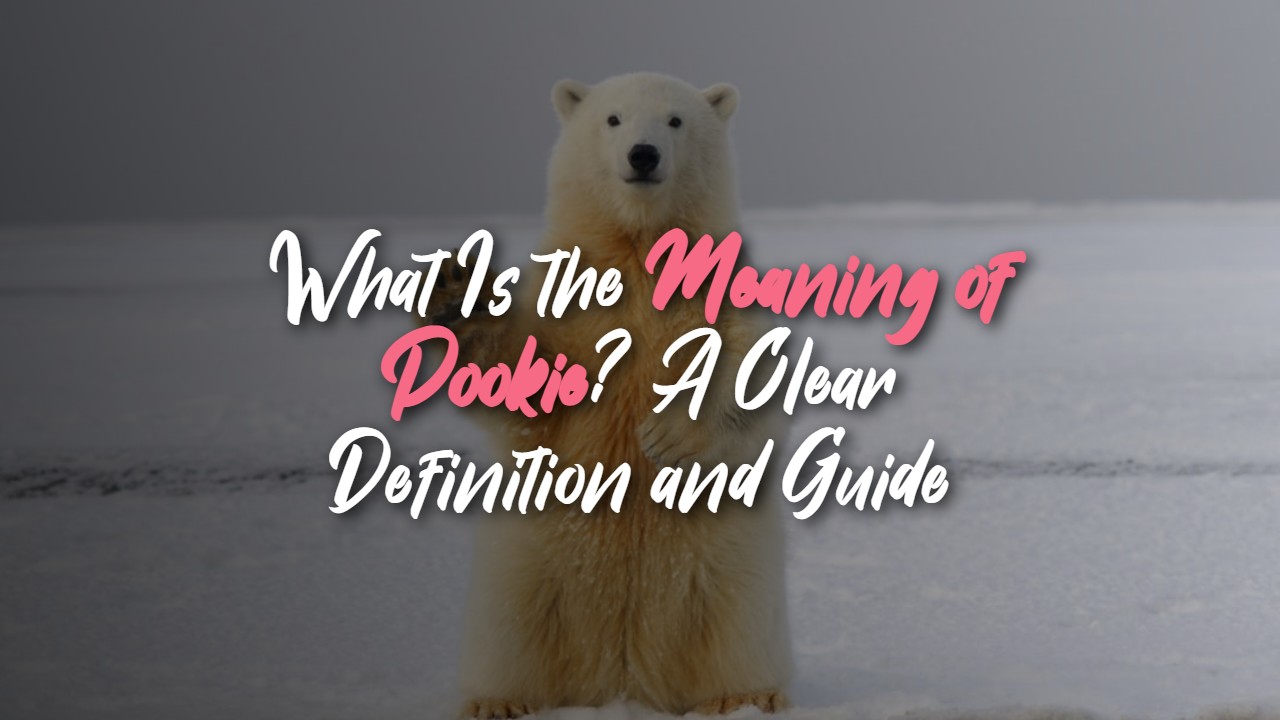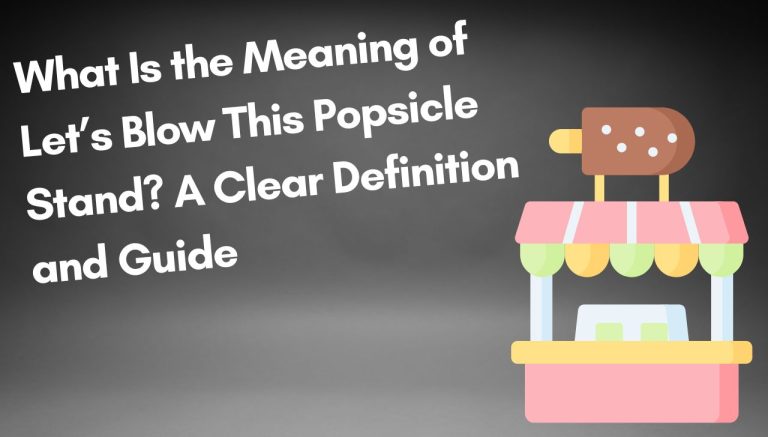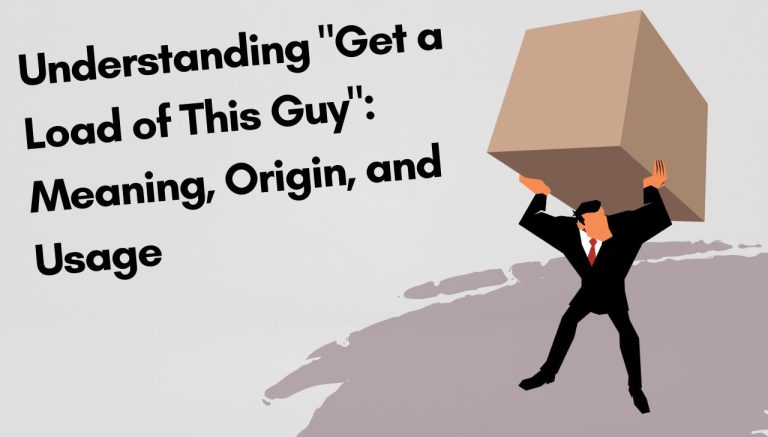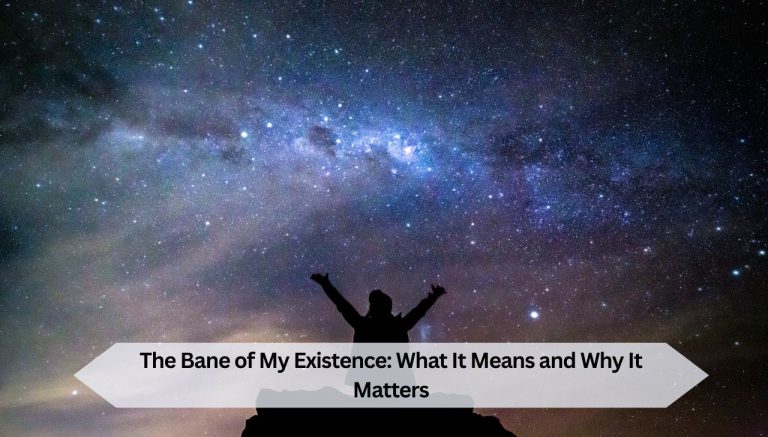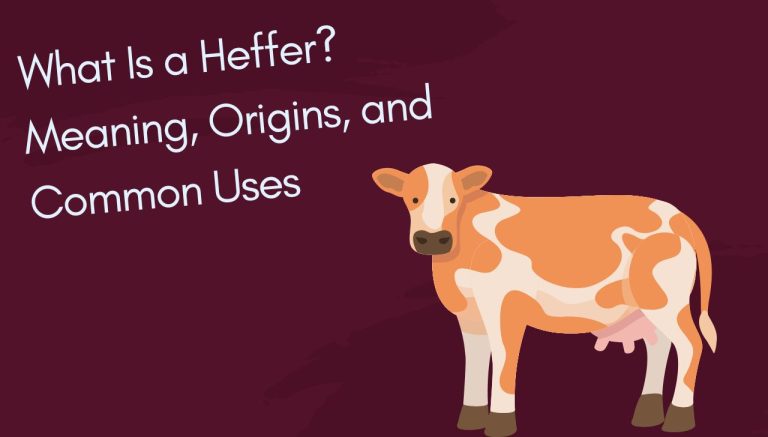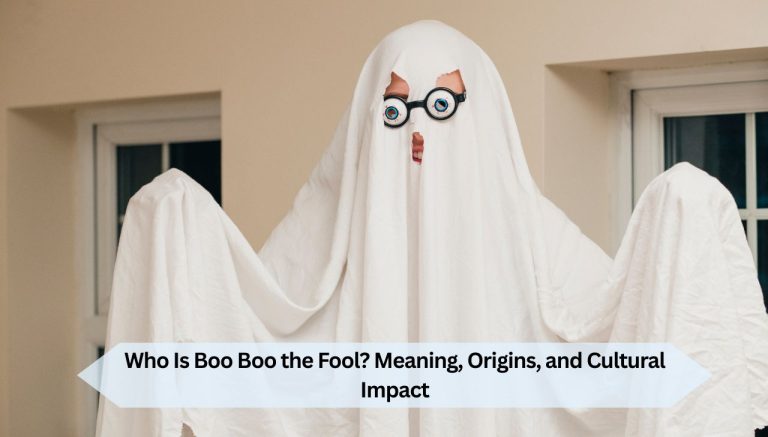What Is the Meaning of Pookie? A Clear Definition and Guide
Ever heard someone call their partner “pookie” and wondered, “Wait—what exactly does that mean?” You’re not alone. “Pookie” is one of those quirky little words that pops up in conversations, TV shows, and social media captions—soft-sounding, a bit mysterious, and loaded with emotional weight. But where did it come from, and why does it sound like something out of a cartoon or a childhood memory?
Let’s unpack it. This guide explores the many shades of meaning behind “pookie,” from its affectionate roots to its pop culture appearances, and why it continues to pop up in our modern lingo like a nickname that just won’t quit.
What Does “Pookie” Mean?
At its core, “pookie” is a term of endearment. Think of it like “sweetie,” “baby,” or “honey.” It’s soft, personal, and usually reserved for someone close—often a romantic partner, close friend, or even a pet. But here’s where it gets interesting: it’s not limited to one definition or one kind of relationship.
People use “pookie” to express affection, warmth, and emotional closeness. It’s not a formal word by any means—it doesn’t show up in dictionaries with clinical precision—but its emotional resonance is clear. When someone calls another person “pookie,” there’s usually a deep sense of fondness or playfulness behind it.
That said, the context matters. Depending on who’s saying it and how it’s used, “pookie” can feel romantic, parental, or even just downright goofy. And that’s part of its charm—it’s flexible and heartfelt, like a nickname that carries history and intimacy.
The Origins and History of the Word “Pookie”
The truth? No one’s completely sure where “pookie” came from. It doesn’t have a crystal-clear etymological origin like Latin-based terms or words borrowed from other languages. But that’s not uncommon with pet names—they often emerge from sounds that feel natural, cozy, or emotionally soothing.
Some linguists suggest “pookie” may be a variation or evolution of other baby-talk words—those soft, rounded syllables like “boo-boo” or “mama.” In early childhood language development, sounds like “p,” “b,” and “k” are easier for kids to make. So a lot of babyish nicknames include them. “Pookie” fits that mold perfectly.
There’s also a theory that “pookie” is a phonetic blend—something that simply sounds like affection. Much like how “snugglebug” or “cutiepie” aren’t dictionary-defined but universally understood, “pookie” just feels like something you’d call someone you adore.
A cultural footnote: in some African American communities, especially in the U.S., “Pookie” has been used as a nickname for decades—sometimes affectionately, sometimes to playfully tease someone. It’s one of those names that can reflect a wide range of relationships, from family to romance.
How “Pookie” Is Used in Pop Culture and Media
Let’s be real—if a word makes it into pop culture, it’s got staying power. And “pookie” has been around the block.
One of the earliest famous uses was in the 1991 film New Jack City, where Chris Rock played a tragic, crack-addicted character named—yep—Pookie. His role was heartbreaking, raw, and unforgettable, and while that portrayal didn’t exactly cast “Pookie” as a term of affection, it cemented the name in public memory.
Since then, the term has popped up in a much softer light in shows like The Parkers, Martin, and Everybody Hates Chris. In these sitcoms and family comedies, characters often toss around “pookie” as a term for lovers, kids, or even siblings. In rap lyrics, Instagram captions, and TikTok love skits, “pookie” has taken on this hybrid role—sweet, slightly funny, deeply familiar.
And honestly, isn’t that how most slang works? A word sticks because it carries layers—emotional tone, cultural context, and a splash of nostalgia. “Pookie” hits all three.
Even animated characters have jumped on board. In Garfield, there’s a teddy bear named Pooky (slightly different spelling, same fuzzy vibe). That character symbolizes safety and comfort—a perfect match for the emotional tone behind the nickname.
Is “Pookie” a Nickname, Slang, or Something Else?
That’s the million-dollar question, isn’t it?
Technically, “pookie” can be all of the above. It functions like a nickname—often one that’s made up and unique to a relationship. It’s also slang, especially in certain communities or social groups, used informally with a shared understanding of its affectionate tone. And sometimes, it’s just a made-up term that becomes a couple’s “thing”—one of those quirky, private names people use behind closed doors.
What separates “pookie” from a name like “babe” or “honey” is its versatility. It doesn’t feel overly romantic or traditionally sweet. Instead, it’s got this playful, whimsical edge—like something you’d say when you’re being silly or feeling extra close to someone.
And here’s the thing: “pookie” doesn’t carry much baggage. Words like “baby” can sound possessive in certain contexts, and “honey” can feel a little old-fashioned. “Pookie” is free of all that—it’s light, charming, and just quirky enough to make someone smile.
In some circles, it’s even used ironically. People call each other “pookie” in a joking way—like a parody of coupledom or a mock-serious flirt. But again, that only works because it’s so well-known and emotionally disarming.
Conclusion: Final Thoughts on the Definition of “Pookie”
So, what’s the real meaning of “pookie”? Well, like many deeply personal words, it’s all about how it’s used. It’s a nickname, yes—but also an emotional marker. It signals closeness, affection, playfulness, and sometimes just a shared inside joke.
Its origins may be murky, but its usage is loud and clear: “pookie” is for the people you love—or at least really, really like. Whether it shows up in a text message, a baby namebook, or the hook of a rap song, it brings a warmth that’s hard to fake.
And maybe that’s the real magic of it. In a world full of serious terms and clinical definitions, “pookie” reminds us that sometimes, the words that matter most are the ones that don’t quite make sense—but somehow say everything.
So next time you hear someone say, “Hey, Pookie,” don’t roll your eyes. They might just be saying “I love you” in the weirdest, sweetest way they know how.

A former editor and grammar geek, David Langford has spent years refining the art of clear communication. He combines his journalism background with a knack for teaching, offering straightforward tips to master tricky grammar rules. When he’s not proofreading, he’s probably debating Oxford commas.

